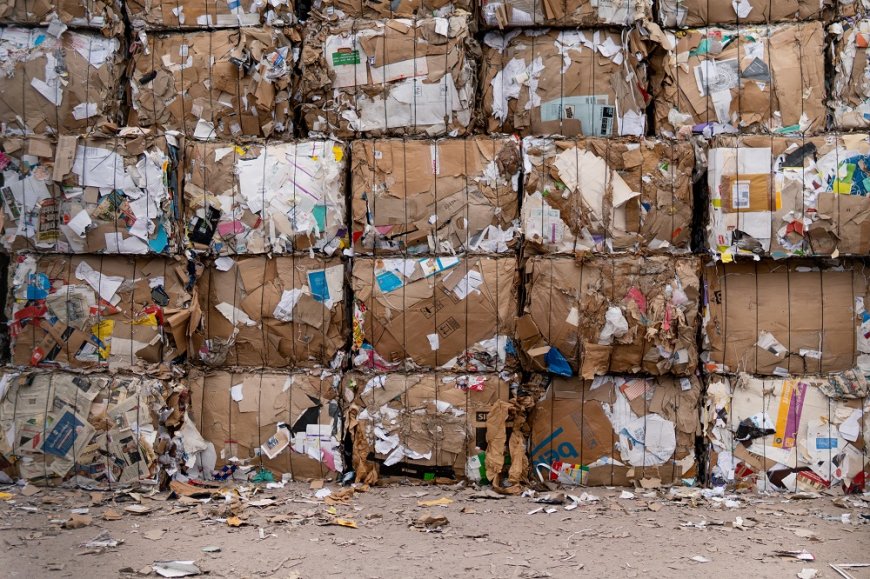The German Supply Chain Due Diligence Act “Lieferkettensorgfaltsplichtengesesetz (LkSG)” has finally gone into effect. Under this Act, German companies are obliged to prevent, identify and address human rights and environmental violations within their supply chains. With the legislation, Germany joins France, the Netherlands, the United Kingdom and Norway in creating a new layer of human rights and environmental protection.
The growing investment interests and political engagement from Germany, particularly in the energy sector, make this law especially timely for some African countries such as Senegal and Namibia.
The law at a glance
The German Supply Chain Due Diligence Act was adopted by the German Federal Government and went into effect on January 1, 2023. The law mandates companies of a certain size in Germany to conduct due diligence within all sections of their supply chain to protect, prevent and address human rights and environmental violations at all levels of the supply chain within and beyond Germany.
It applies to companies with at least 3,000 employees from January 1, 2023, and to companies with at least 1,000 employees from January 1, 2024. In summary, those companies are obliged to set up measures within their operations to prevent human rights and environmental violations at all levels of their supply chain, implement a risk management protocol and conduct frequent risk analysis, take internal responsibility and action on cases and document and report on obligations for fulfilling the law.
The Federal Office for Economic Affairs and Export Control (BAFA) is the designated authority for ensuring compliance.
Why is this law important?
The law is aligned with the proposed Europe Union (EU) Corporate Sustainability Due Diligence Directive (CSDD), as well as with other voluntary international and regional sustainability standards such as the UN Guiding Principles on Business and Human Rights and OECD's guidelines for multinational enterprises. This alignment could support compliance and implementation.
However, the LkSG stands out because it is a concrete policy with legally binding enforcement mechanisms. It provides clear enforcement guidelines and steep penalties for violations, including fines of up to 800,000 Euros. In particular, German businesses can be held accountable for any human rights and environmental violations at all levels of the supply chain, including in their dealings with their contractual partners and other indirect suppliers.
For already vulnerable and at-risk populations, the law could add a much-needed layer of protection.
It takes two to tango
Arguably, German businesses will have little trouble adhering to the law´s requirements within the supply chains in Germany or in the EU due to existing strong institutional, legal and enforcement mechanisms.
However, while the main responsibility for upholding the law lies with German businesses, partner countries and businesses will also be directly or indirectly affected. Those contractual partners and other indirect suppliers in partner countries will need to comply with the law to be able to do business with German companies. Compliance obligations could add a layer of burden for smaller companies in partner countries with limited capital and capabilities.
The law makes important provisions allowing domestic trade unions, nongovernmental organisations, and civil society to litigate before German courts on behalf of affected people from partner countries. However, given the cost and time needed for such legal cases, few if any affected and vulnerable communities will benefit from those provisions. Furthermore, there have been hardly any policy discussions to ensure that implementation is informed by contextual realities and is cognisant of and aligned with the business, institutional, legal, social and economic cultures of partner countries.
In view of these caveats, the strength of the law lies in its precautionary obligations. That is, making sure that human rights and environmental violations are avoided altogether. But, for this caution to be effective, more needs to be done to ensure that countries are aware, willing and able to identify weak points and potential locations of human rights and environmental violations within the supply chain and to address those first hand.
Support is especially needed in creating awareness of the law, strengthening capacity for identifying potential and existing human rights and environmental risks and violations and establishing frameworks for reporting those violations at the tail end of the value chains. This support will require a change in business culture, as well as strong national, institutional, and administrative enforcement mechanisms, ones beyond the limited status of the law.
Additionally, more needs to be done within businesses in Germany and beyond to encourage and support compliance but also to increase the acceptance of human rights and environmental protection as an integral part of the business culture.
Potential implications
Despite earlier support from many sections of the German business community, some sections view this law as an additional layer of bureaucracy and as an added burden for smaller companies, with potential to put German business at a competitive disadvantage.
The law has gone into force in the backdrop of a tense geopolitical environment, the Covid-19 pandemic, the war in Ukraine and the ongoing climate crisis. Hence, its implementation and enforcement could be seen as an additional burden to an already weakened global supply chain.
Against this background, caution must be taken to ensure that the law does not trigger unintended implications or ´tick the box’ practices. For instance, burdened third parties could abandon doing business with German companies and turn to countries with lower human rights and environmental protection requirements. To avoid the risk of noncompliance, German companies could also be cautious of doing business in partner countries with less developed legal and institutional frameworks.
Such negative externalities could be minimised by strengthening partner country capacities. German companies must be willing to do more to support contractual partners and indirect suppliers to comply with the law requirements.
Dr. Grace Mbungu
Dr. Grace Mbungu is a Senior Fellow and Head of the Climate Change Program at APRI – Africa Policy Research Institute, a Berlin-based think tank. She previously worked as a fellow and research associate at the Institute for Advanced Sustainability Studies (IASS), now the Research Institute for Sustainability (RIFS) in Potsdam, Germany.




